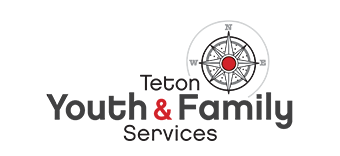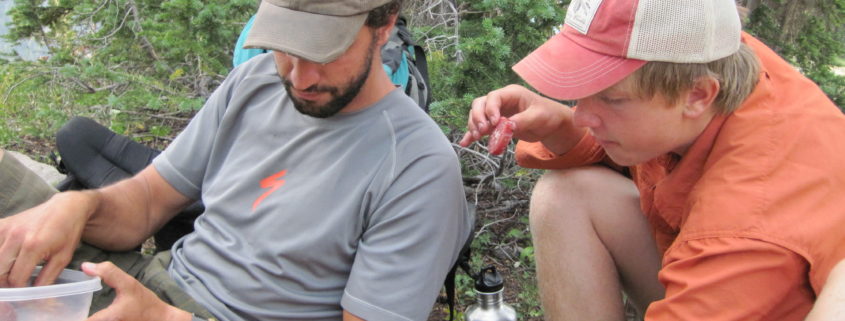Building Relationships and Starting Conversations
“To help children and families find their way to fulfilling and constructive lives”: This is the mission of TYFS as a whole, and directly aligned with my goal as a therapist for the Van Vleck Group Home and Adam’s Canyon Crisis Shelter.
I took over the role as individual and family therapist for these two facilities back in May of 2017. While they serve different purposes and meet different needs, we begin the relationship with these children and families the same way; by starting a conversation. By opening these lines of communication and starting this dialogue we begin shedding light on the bigger picture of what factors are impacting the family and child’s life, both positively and negatively. We become more aware of what aspects of life they struggled with and how we can best begin addressing it as a team. Whether in a long term placement or crisis placement, our residents are in treatment for a limited amount of time and a large part of our job is providing the support and resources necessary to begin setting children and families up for success where they previously struggled. For the family, the conversation starts with focusing on what is going well, what strengths both the parents and the children possess and what has worked in the past. This creates a positive and proactive foundation based on already present strengths and skills of the family as a whole. Once this foundation is established, we move the conversation towards the concept of empowerment and autonomy. This is helping both the parents and child begin to feel that they have some power over the choices they are making as well as the impact those choices have on their life and those around them. Many times we need to understand this to recognize which behaviors are maladaptive and that we have the capability to respond in new ways to old situations. These skills can range from learning how to ask for what you need to creating choices to accepting responsibility for behavior and responses. This constitutes the bulk of the work done in individual and family therapy as well as in group home and crisis shelter. These concepts of empowerment and autonomy promote social and communication skills, encourage positive peer interactions and aid in establishing healthy relationships.
Whether a 30-day voluntary crisis placement or a long term court-ordered placement, the end goal is to set the foundation for success in the future and provide support and resources needed to facilitate continued success. As an organization we work closely with other community resources to connect children and families to these supports and ensure the family feels prepared for the future.




